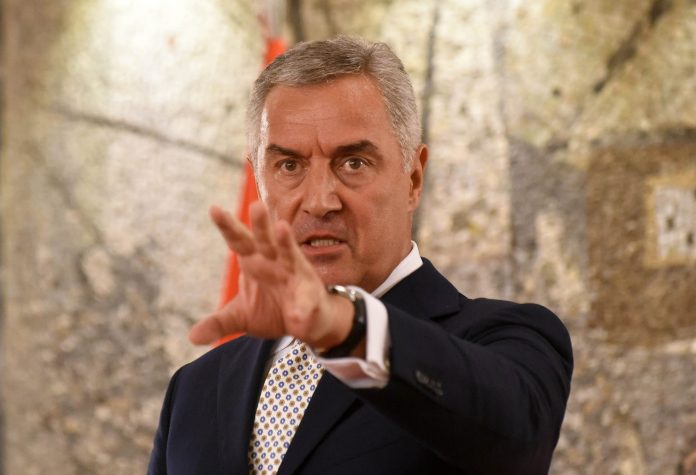Power Outage in Podgorica and Several Other Municipalities

EPA / Boris Pejović
The coalition supporting the Democratic Party of Socialists (DPS) faced significant losses, including President Milo Đukanović and several municipalities, despite receiving the most votes in the local elections held on Sunday across 14 municipalities.
The DPS coalition secured 24 seats, while other parties from the Winning Parliamentary Elections obtained the majority. The newly formed Europe movement garnered 13 seats, the Democratic Front obtained 11, the Democrats achieved six, and the Civil Movement Early secured four mandates.
The Democrats and the Civic Movement of Prime Minister Dritan Abazović also saw a decline in their support compared to the parliamentary elections. The Socialist People’s Party, which currently holds five ministerial positions in the Abazović Government, fell below the threshold in Podgorica.
The DPS lost control in Pljevlja, Danilovgrad, Zabljak, Kolašin, and Zeta, which is now included in the city municipality of Podgorica.
In Budva, preliminary results indicate an absolute victory for the Democratic Front (DF), as well as in the newly formed municipality of Zeta.
The DPS retained power in Bar, Bijelo Polje, and Blue, where they partnered with most coalition allies.
In Danilovgrad, Kolašin, Pljevlja, and Zabljak, negotiations will take place between the Democratic Front, Democrats, and the Europe movement, even though the DPS individually garnered the most votes.
In Tivat, where the DPS won the most mandates individually, efforts will be made to find partners for forming the government.
The Bosniak party achieved an absolute government in Rožaje, while the Socialist People’s Party maintained its rule in Plužine for over two decades.
The electoral process remains unfinished in some areas due to the closure of several polling stations.


